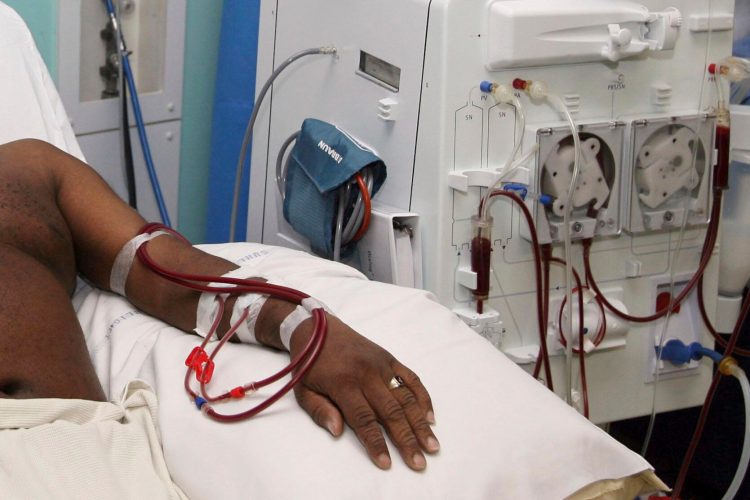The Minority caucus in Parliament has strongly opposed the government’s decision to reopen the domestic bond market, calling it ill-advised and a potential threat to Ghana’s economic stability.
At a press conference on Thursday, March 13, 2025, former Finance Minister Dr. Mohammed Amin Adam cautioned that Finance Minister Dr. Cassiel Ato Forson’s move to return to the bond market is poorly timed and could exacerbate the country’s fiscal vulnerabilities.

This follows Dr. Forson’s announcement during the 2025 Budget Statement presentation on March 11:
“Mr. Speaker, the government will take steps to reopen the domestic bond market to extend the maturity profile. The reopening will be executed cautiously to establish large-sized benchmark bonds that will enhance market liquidity.”
In response, Dr. Amin Adam expressed concern that this decision coincides with an elevated fiscal deficit — a figure he claims is based on manipulated data.
“It’s surprising, nevertheless, that despite the improvement in the debt environment, the timing of the minister’s announcement to enter the bond market is not good advice,” he stated.
He warned that the government’s approach exposes Ghana to higher borrowing risks, which could further destabilize an already fragile economy.
“The timing for the announcement of the minister to open the bond market coincided with the announcement of the elevated fiscal deficit based on their manipulated data, a condition that exposes the country to higher risk of borrowing in the market.
“The effect of this unfortunate data manipulation is already hitting our economy since they read the budget. The government must know that just by presenting such erroneous data to score political points, Ghana’s sovereign bonds spreads are already widening, nearing 700 basis points,” he added.
The Minority’s concerns come at a time when Ghana is striving to stabilize its economy amid ongoing fiscal challenges. The debate over the reopening of the bond market is expected to intensify, with financial analysts closely monitoring the potential impact on Ghana’s borrowing costs and investor confidence.























































![[FREE FREE MONEY] Predict and Win a Guaranteed GH¢200 From Us EVERY WEEK](https://wordpress.ghanatalksradio.com/wp-content/uploads/2022/02/Predict-and-Win-Final-09-03-2021-218x150.jpg)
![[Predict & Win – 8th/Oct.] WIN A Guaranteed ¢200 From Us This Week](https://wordpress.ghanatalksradio.com/wp-content/uploads/2021/10/maxresdefault-16-218x150.jpg)
![[Predict & Win – 2nd] WIN A Guaranteed ¢200 From Us This Week](https://wordpress.ghanatalksradio.com/wp-content/uploads/2021/09/maxresdefault-50-218x150.jpg)
![[Predict & Win – 25th] WIN A Guaranteed ¢200 From Us This Week](https://wordpress.ghanatalksradio.com/wp-content/uploads/2021/09/maxresdefault-36-218x150.jpg)
![[Predict & Win – 18th] WIN A Guaranteed ¢200 From Us This Week](https://wordpress.ghanatalksradio.com/wp-content/uploads/2021/09/maxresdefault-23-218x150.jpg)








![[National cathedral] See full list of churches that have contributed since 2018](https://wordpress.ghanatalksradio.com/wp-content/uploads/2020/09/Ghana-National-Cathedral-GhanaTalksRadio-100x70.jpg)



